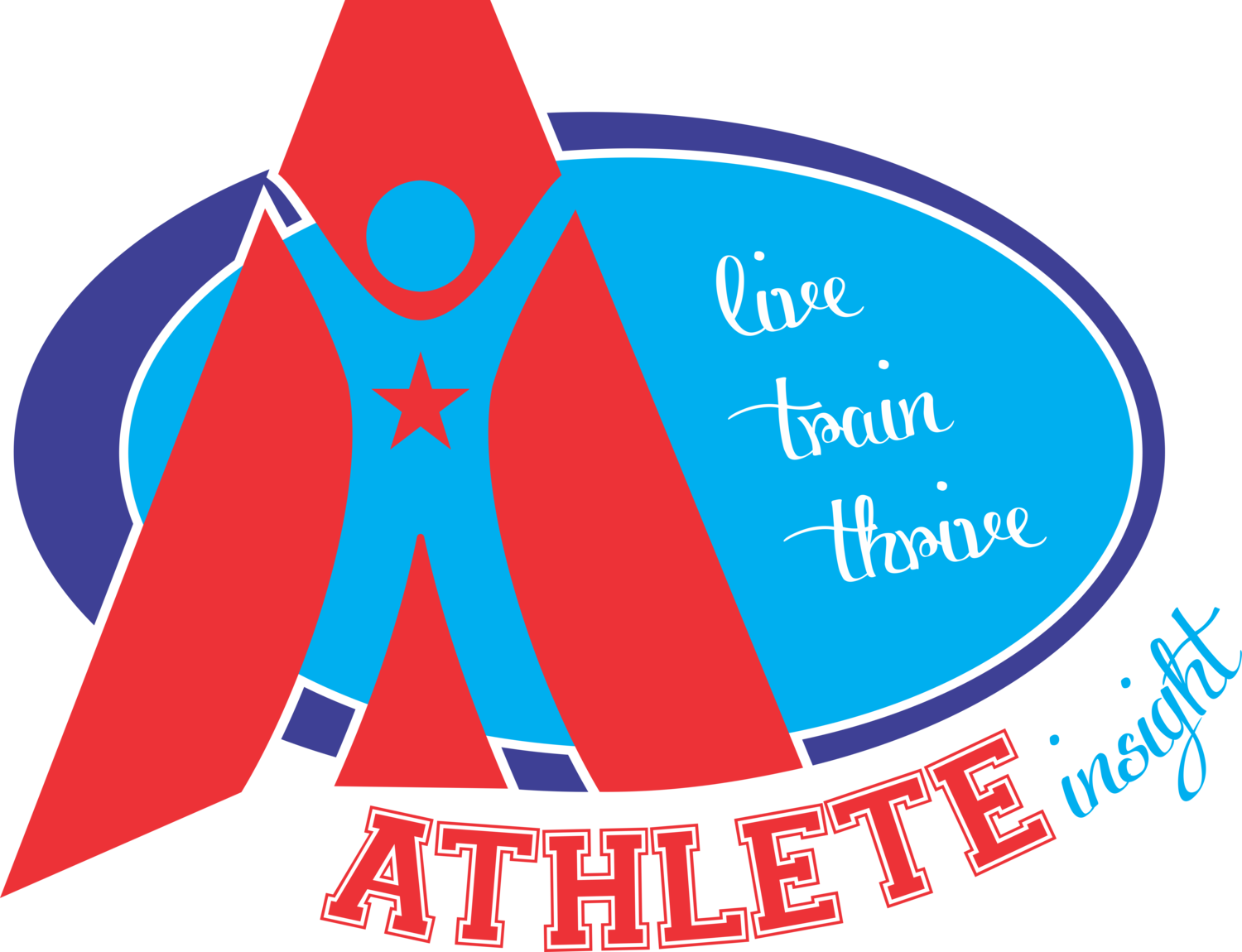By Kate Bennett, PsyD
Over the weekend, my husband and I spent time pedaling in circles on the grass and in business parks helping Colorado’s newest racers develop basic skills and knowledge for the upcoming season. The athletes asked many questions that come as second nature to experienced racers. Responding to these questions and knowing that the season for many endurance sports is just beginning, this seems like an opportune time to address a fundamental aspect of any athlete’s success: Routines.
While some people are wired to plan ahead, others naturally fly by the seat of their pants. Regardless of your preference, it is essential to develop race day routines to ensure success as an athlete. Routines allow athletes to prepare for competition, execute skills, and recover from mistakes mid-performance. More importantly, they create opportunities for consistency and mindfulness throughout competition. Inevitably, if you develop a race day routine, you will more adeptly funnel your energy as well as bring clarity to your attentional focus.
To be clear, routines are not synonymous with superstitions. While athletes may have a pair of lucky socks, the socks will have no bearing on their actual performance. Superstitions are irrational and do not have any basis for directly impacting success, though there may be a placebo effect in some cases. Routines, on the other hand, will predictably and positively impact performance by creating control in the moments leading up to events. Superstitions take control away as athletes doubt themselves if they are not able to engage in superstitious behaviors (i.e. not wearing the lucky socks). At the end of the day, we all know that lucky socks will not impact an outcome while focused preparation can significantly enhance performance under pressure.
The goal of pre-race routines is to prepare yourself mentally and physically for the upcoming performance. They should be simple and flexible. For planners, your race day routine may be a series of activities compiled into a full day of preparation including meals, arrival time, warm-ups, and mental routines as your start time draws near. Others, who are not into details and schedules, may be more prone to practice a routine as they line up to race such as taking deep breaths to focus attention, reciting positive affirmations, mentally rehearsing the ideal performance, reviewing race goals, or engaging in behaviors to excite one’s body and mind.
There are many options for creating pre-race routines. You may know yourself well enough to identify exactly which options are best for you while others may need to explore several options to find the ideal routine for themselves. You may already have routines in place but see room for improvement such as preparing psychologically before the race. Early season races are a great time to explore a variety of routines as you prepare physically and mentally for peak performances this season.
Think back to past performances and explore whether utilizing a routine may have helped. Perhaps, you have a routine in place but are able to identify room for improvement in the upcoming season. New racers, ask seasoned athletes what works for them. Remember, routines are flexible and should be constantly adapting to your needs as an athlete. Likewise, routines that work for one person may be the opposite of your individual needs. Create a routine for yourself and thrive into the coming season.




